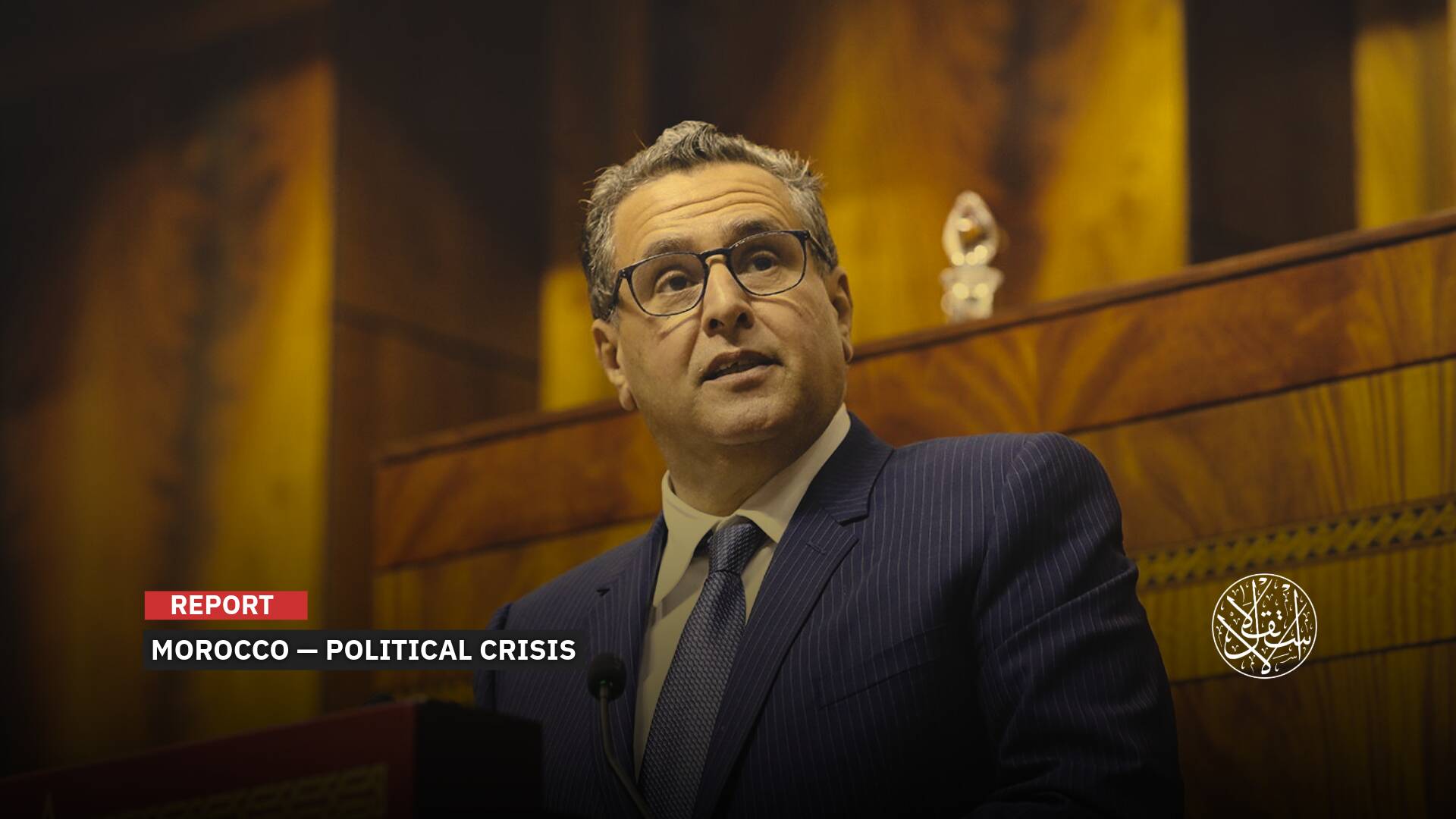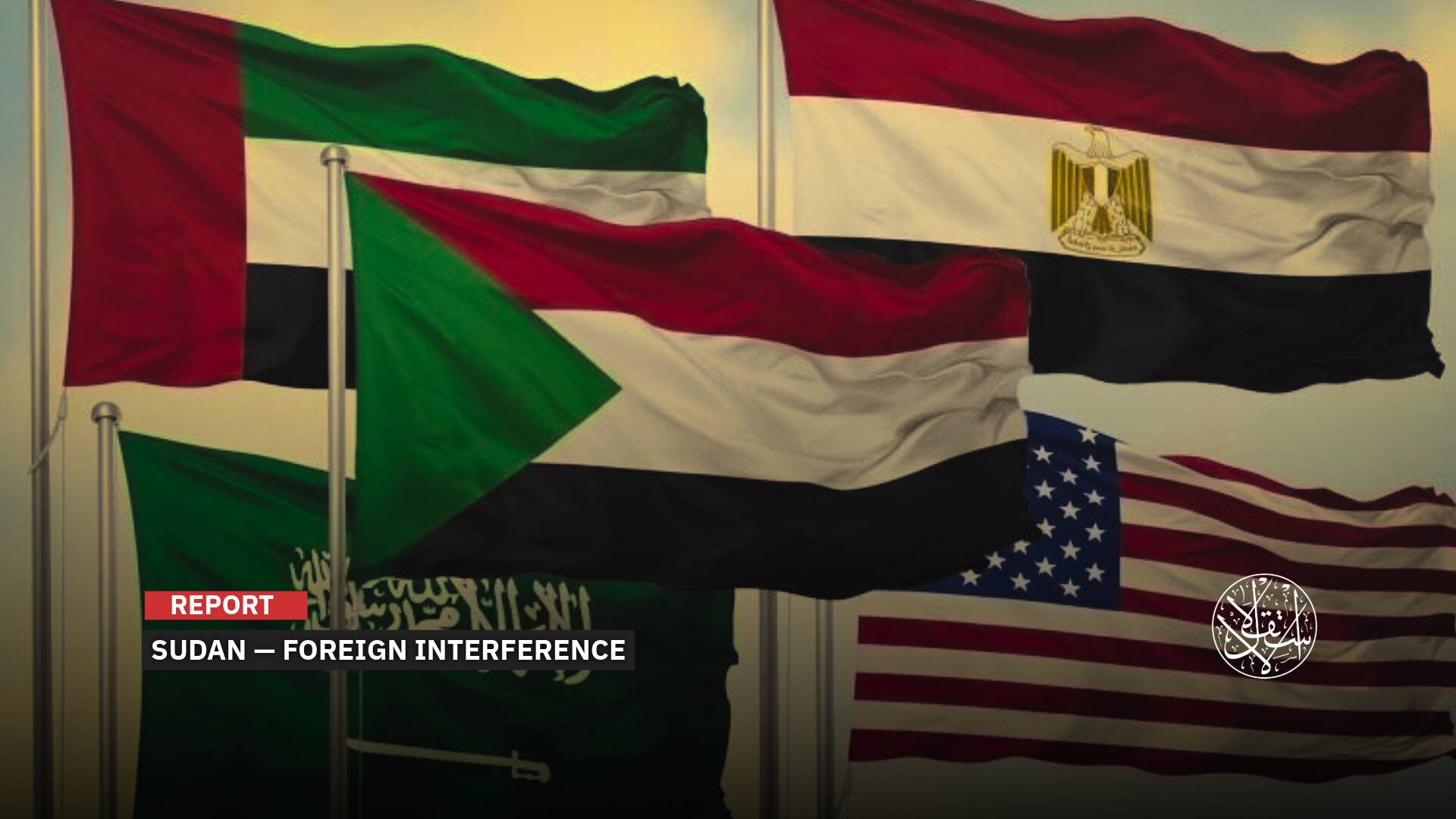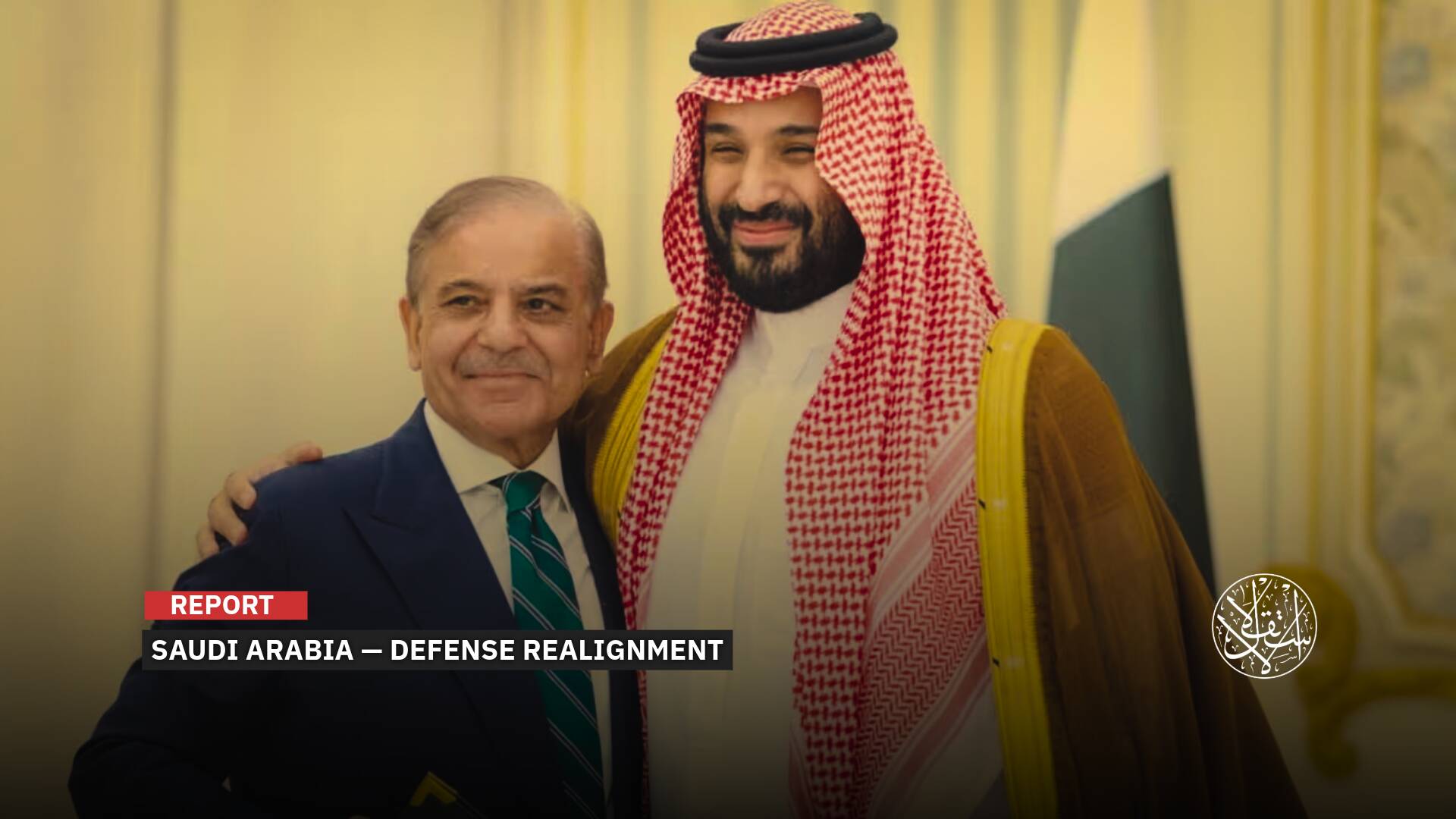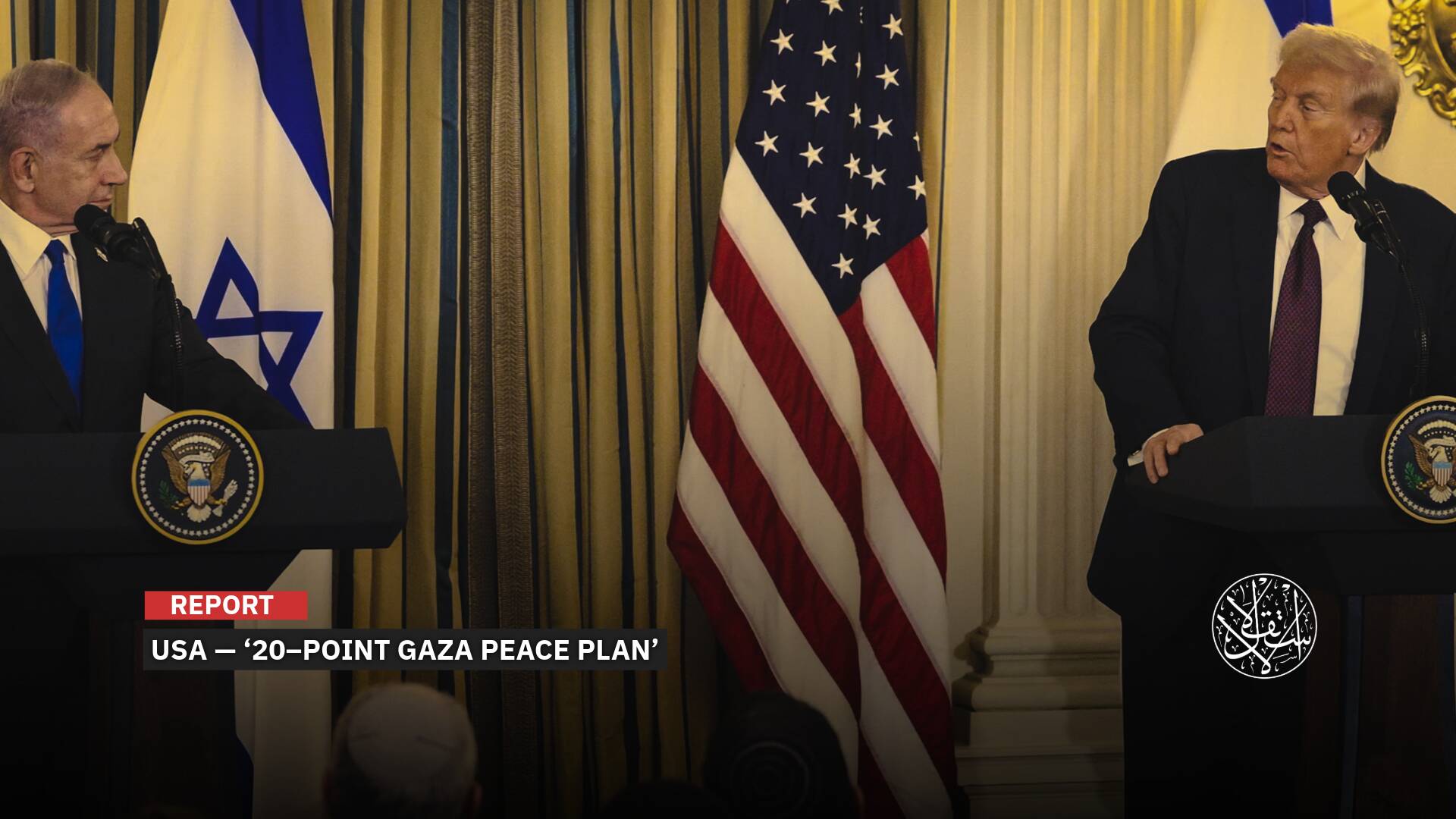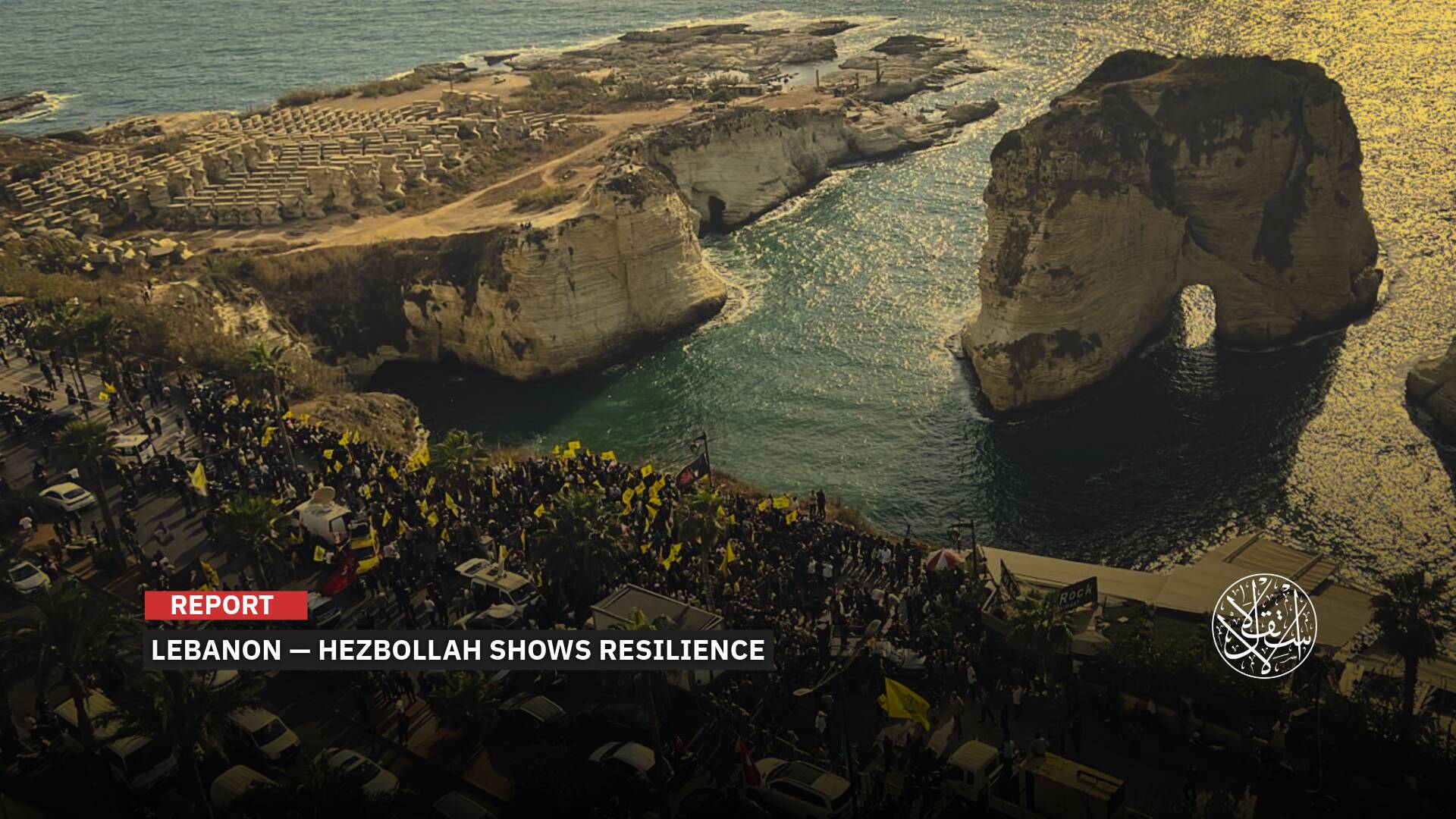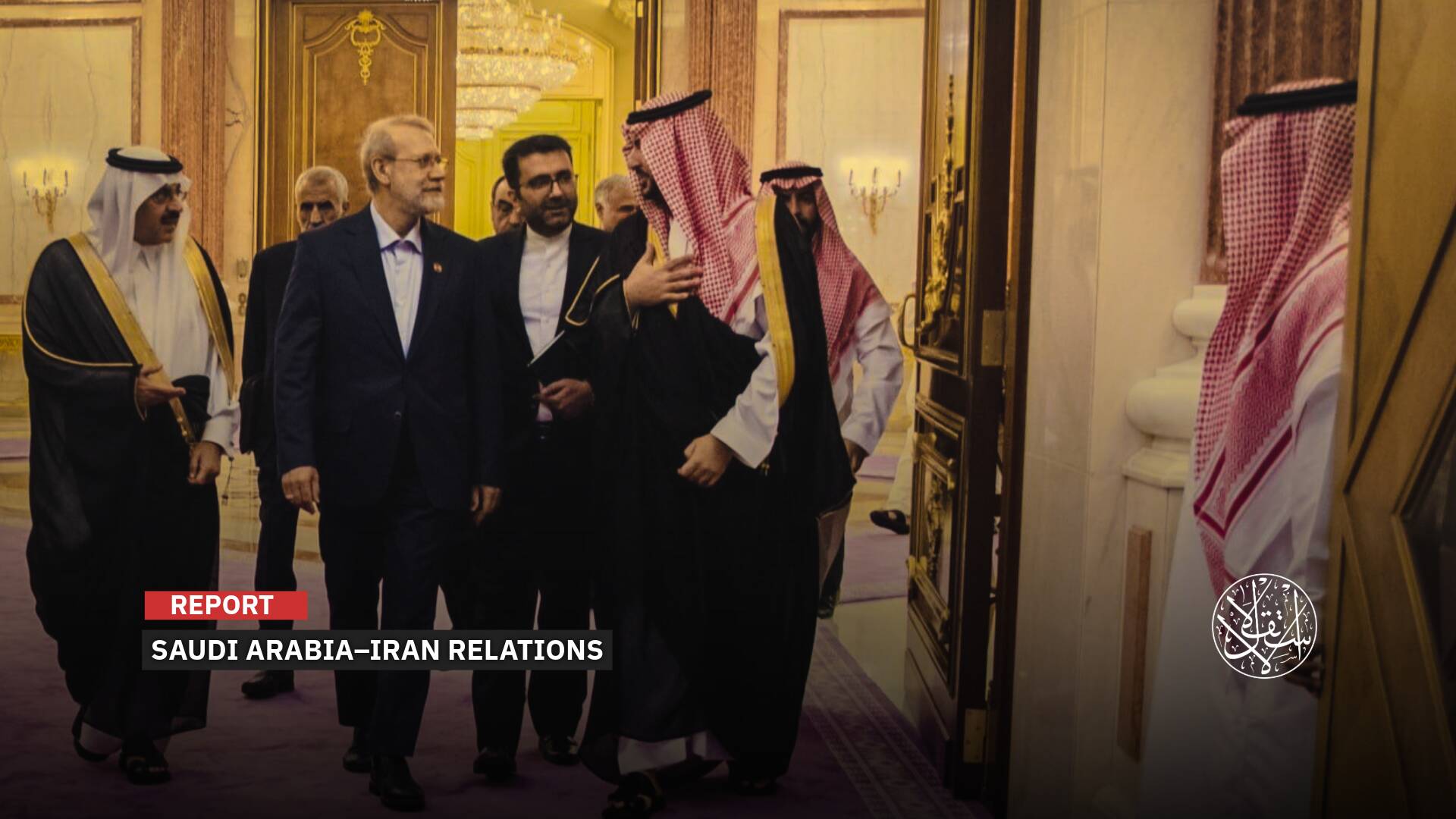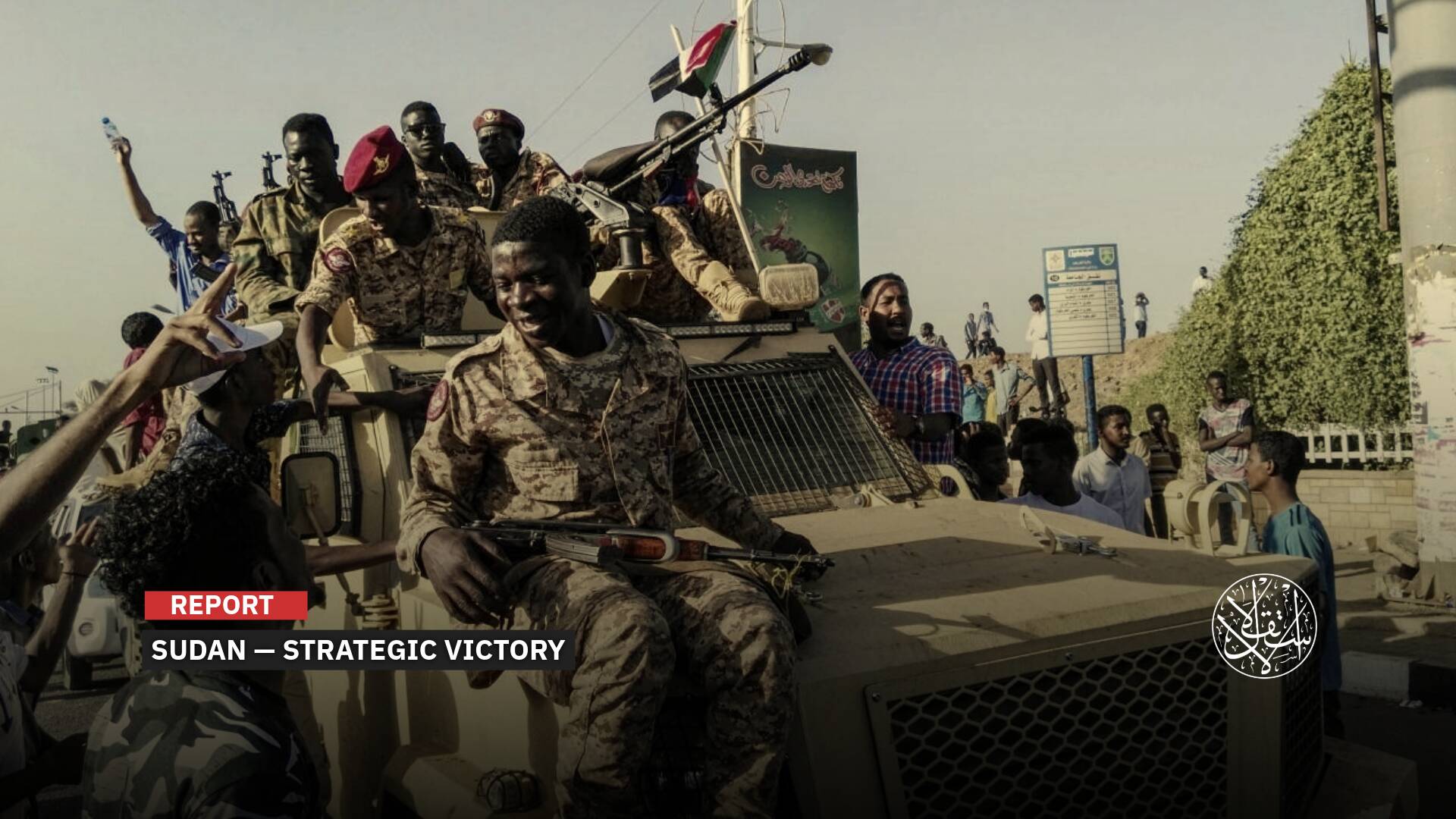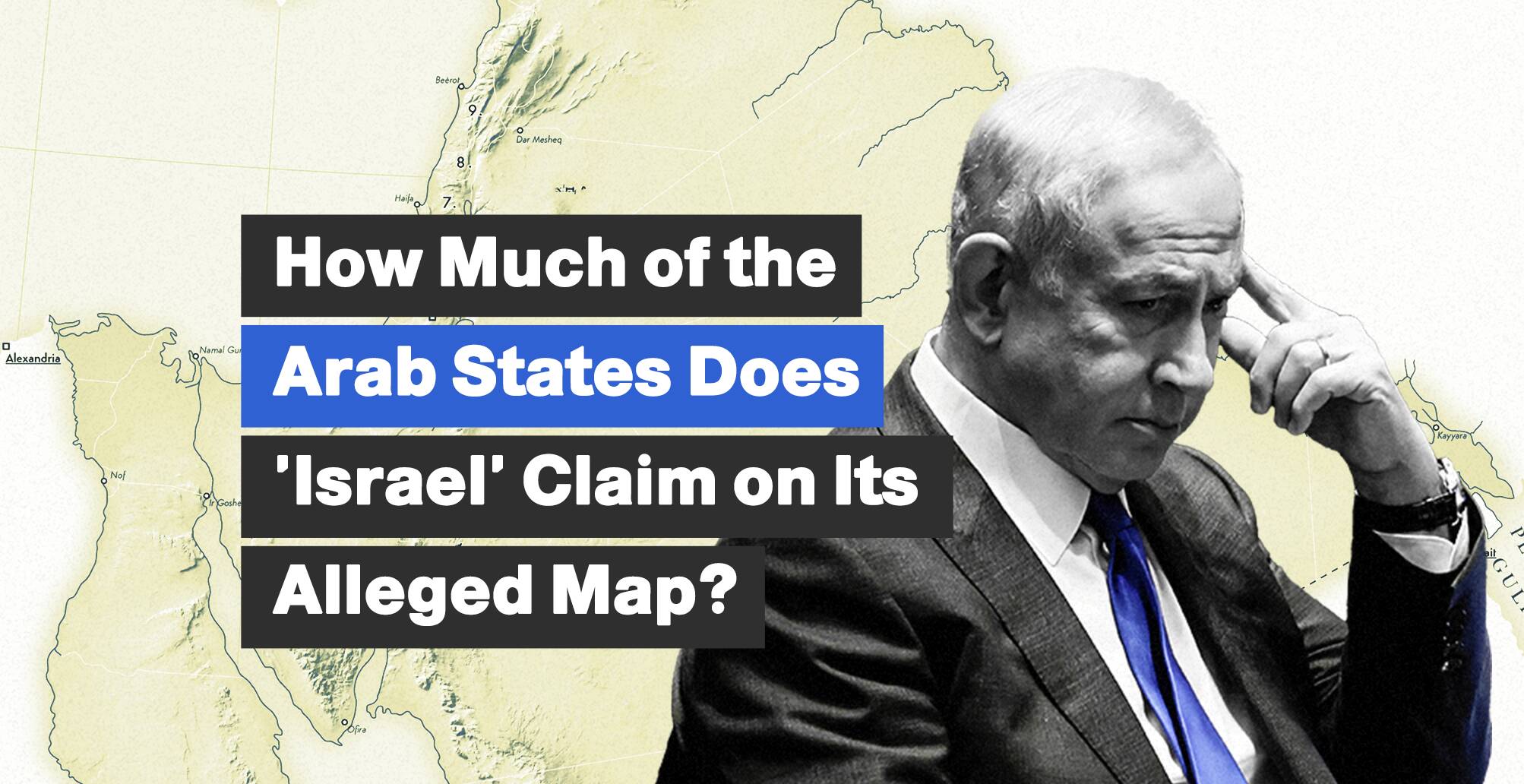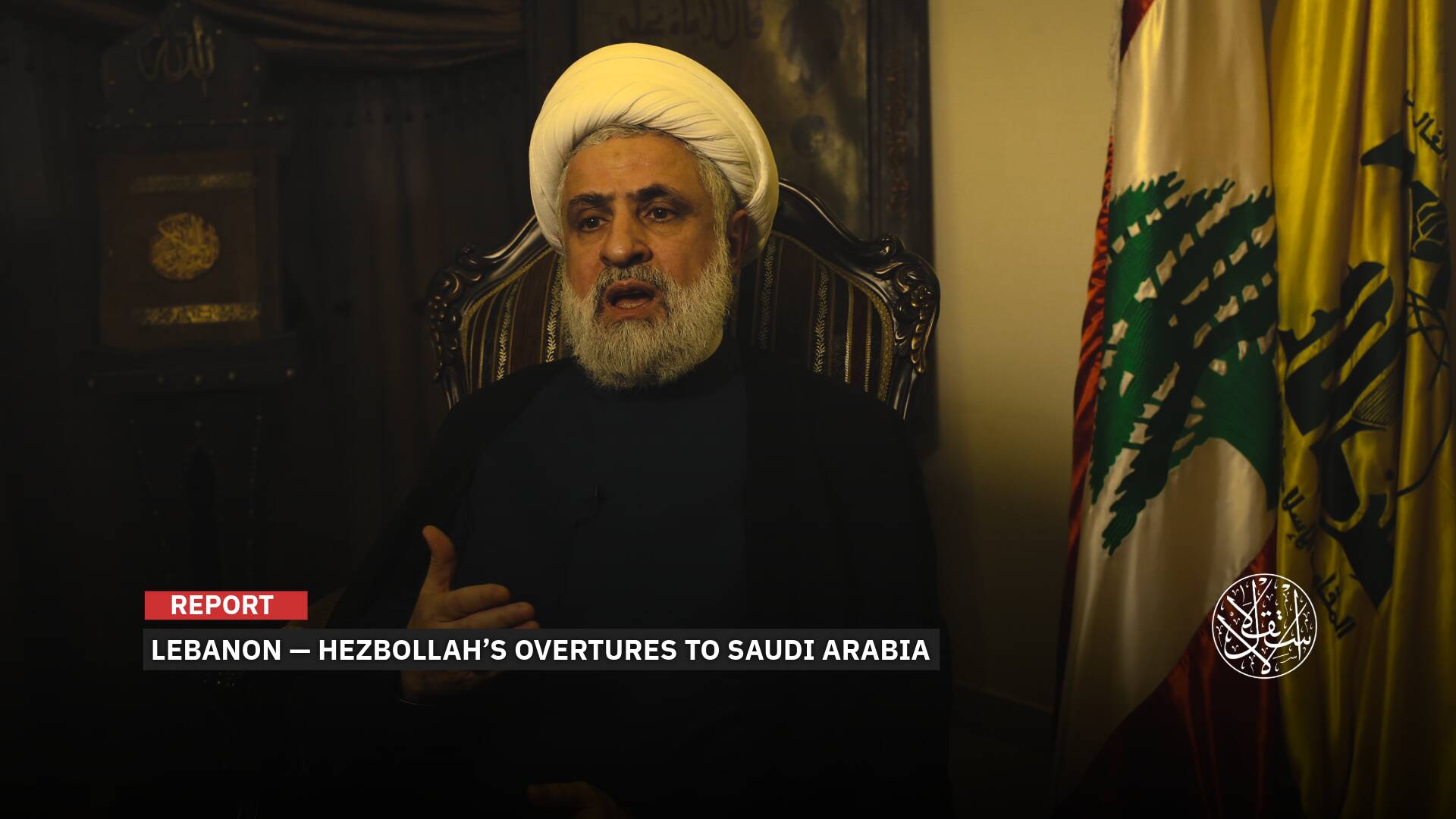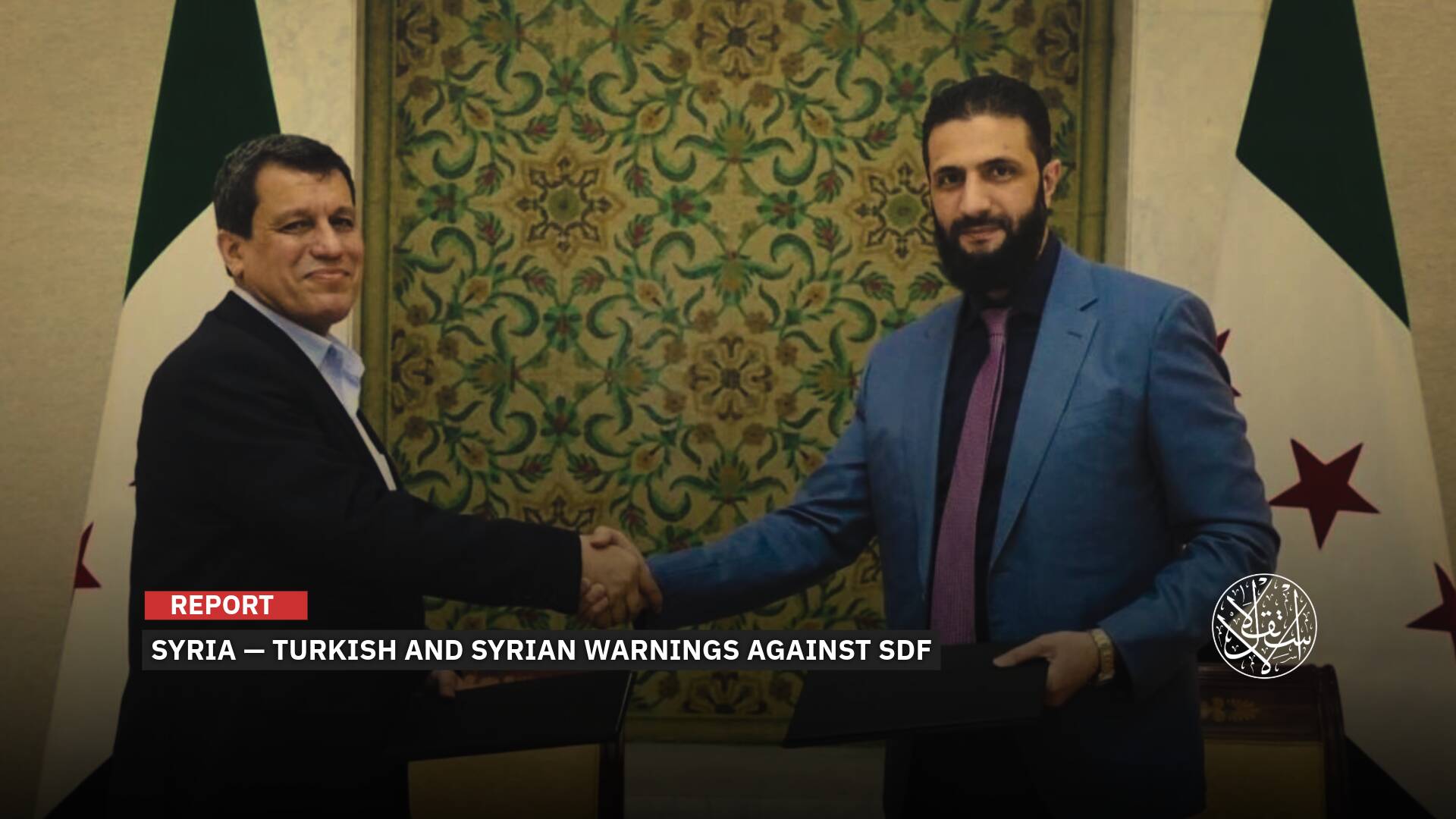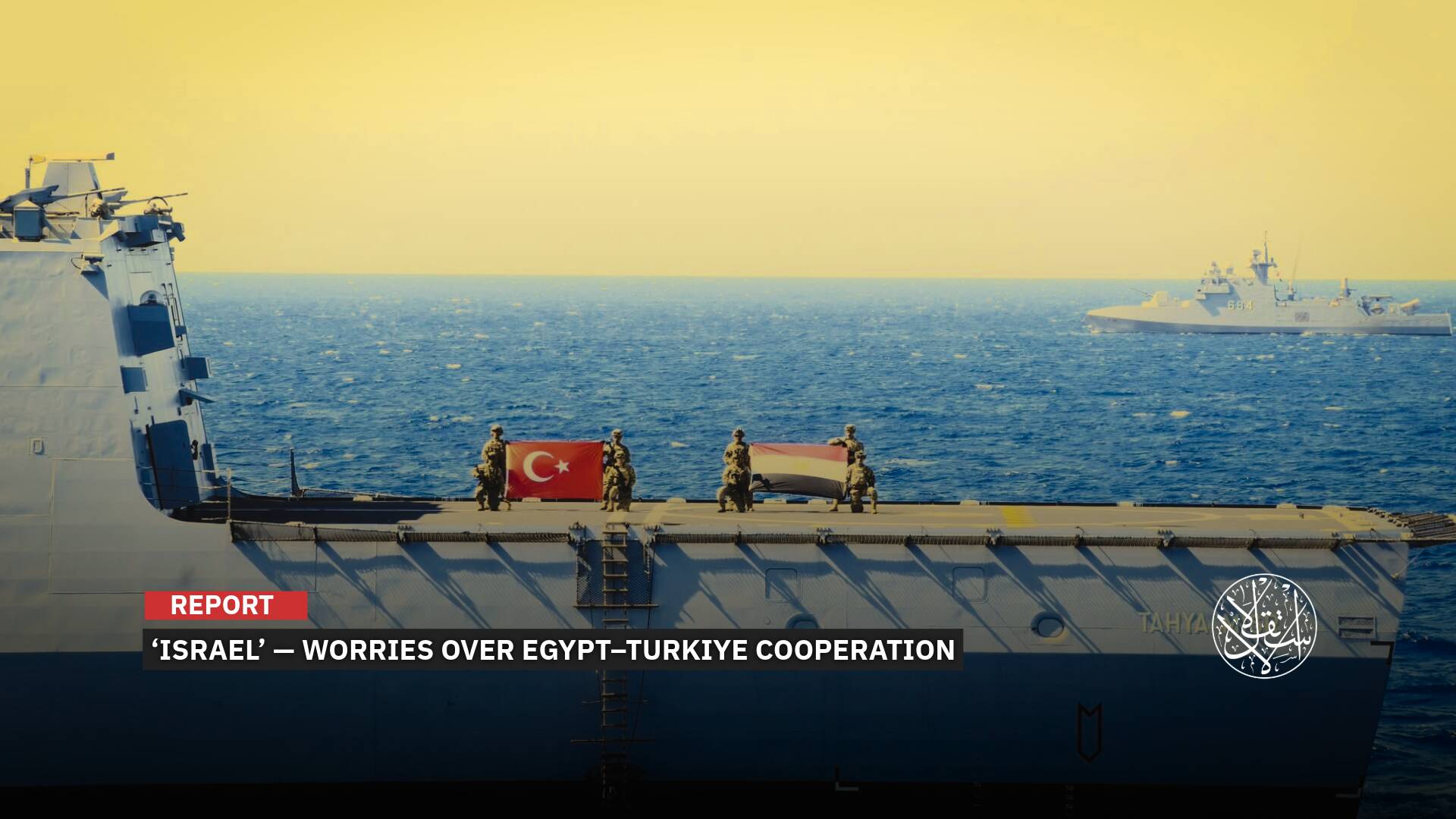Algeria Closes Its Airspace to Morocco; What Economic Impacts Could It Carry On the Two Countries?

The crisis between Morocco and Algeria is further widening, with the latter announcing on Wednesday the closure of its airspace to Moroccan aviation.
The closure decision comes less than a month after Algeria announced the severing of diplomatic relations with its western neighbor Morocco.
On Friday 24 September Amar Belani, the Foreign Ministry official responsible for Maghreb countries told Reuters "The adoption of additional measures cannot be ruled out."
Controversy and questions were raised about the economic impact of the closure decision on both countries.

Algeria’s Airspace Closure
Algeria decided to close its airspace to Moroccan civil and military aviation. The decision, which also includes "aircraft with a Moroccan registration number", came after a meeting of the "Supreme Security Council" headed by Abdelmadjid Tebboune.
The meeting was held, according to a statement by the presidency, "to study developments on the borders with the Kingdom of Morocco", in view of what he called "the continuation of provocations and hostile practices from the Moroccan side." Algeria had decided to sever its relations with the Kingdom less than a month ago, and Algerian Foreign Minister Ramtane Lamamra at the time accused Morocco of "never stopped carrying out unfriendly, hostile and despicable acts against our country."
Algeria accused Morocco of supporting two organizations it has designated as terrorists: the separatist "Mak of the Kabylie Self-Determination Movement", headquartered in Paris, and the Islamist movement "Rashad", headquartered in London. The Algerian authorities accuse Mak of being responsible for the huge fires that killed 90 people in Algeria’s northeastern Kabylie region.
The airspace between Morocco and Algeria has been closed since March 17 amid the Algerian Coronavirus closure procedures. On June 1st, Algeria reopened its airspace for seven countries excluding Morocco.
It is noteworthy that the Moroccan King Mohammed VI had previously called on Algerian President Abdelmadjid Tebboune, in a speech at the end of July, to “give precedence to the logic of wisdom” and to “work together, at the earliest time he deems appropriate, to develop the fraternal relations that our peoples built through years of common struggle.” He also renewed the call to open the closed borders between the two countries since 1994.

Impact on Morocco’s Air Companies
Royal Air Maroc private Morocco’s planes are forced to change the route of their flights that cross Algerian airspace.
According to Reuters “A source at Royal Air Maroc said the closure would only affect 15 flights weekly linking Morocco with Tunisia, Turkey and Egypt.”
The same source minimized the damage that could hit the Moroccan Company, explaining that "the impact of this decision is insignificant, and that the company's planes may reroute to cross the Mediterranean Sea."
The inspector of financial administrations in Morocco and expert on economics Mustapha Khattabi elucidated that the change in the trajectories of Morocco’s flights will not exceed 3 to 4 minutes when changing their routes from Algeria’s airspace to the Mediterranean. This will not have a major impact on the air companies.”

Trade Exchanges
Mustapha Khattabi stressed that trade relations between Morocco and Algeria are almost non-existent. They include only a few items whose total value does not exceed $200 million, not counting the gas pipeline, which is considered the most important deal that Morocco won from Algeria.
In terms of numbers, Khattabi pointed out to Al-Estiklal that” the first materials exported from Algeria to Morocco are dates, with a volume of 9 thousand tons, and a value of 14 million dollars in 2020, knowing that the Kingdom of Morocco’s imports of dates are equivalent to 30 thousand tons. Morocco is considered the second importer of dates, starting from 2021, Morocco imposed strict procedures for the entry of containers of dates into its ports, which reduced the export operations from Algeria.”
Khattabi stated that: “The second most imported material by Moroccans remains ammonia with a value of 16 million dollars, glass with a value of 10 million dollars, and carob with a value of two million dollars. In addition to electrical appliances worth $3 million, led by electric washing machines.”
He continued “With regard to Moroccan products that enter the Algerian market annually, the National Assembly estimated Algerian exporters at $150 million, represented in iron at $40 million, clothing and phosphate derivatives.”
He added “This is to say that the trade operations between the two countries were already limited and very restricted. Thus, closing the airspace will not really inflict great damage to the economy of the two countries”

Gaz line Collaboration
As soon as Algeria announced its decision to sever relations with Morocco and close its airspace, the file of gas agreements linking the two countries was brought to the fore. In light of the passage of the Algerian gas pipeline to Spain on Moroccan territory, whose contract expires next October. Foreign Minister Lamamra pointed to That a decision will be taken regarding the functioning of the hydrocarbon company “Sonatrach” after conducting an assessment in accordance with international considerations and in proportion to the new situation.
The gas pipeline linking Algeria with Spain via Morocco is one of the strategic interests that unite the two neighboring countries, as Algeria did not find a better way to export its energy exports to Europe other than the inauguration of a gas pipeline that passes through Moroccan soil. This project was completed in 1997, at an investment cost of 2.3 billion dollars, of which nearly 900 million dollars were allocated for the land part extending in Morocco and the Strait of Gibraltar, and extending for a length of 2,136 km, starting from the Algerian desert.
Under the agreement concluded between Spain, Algeria and the European Investment Bank, Rabat will receive, instead of tax fees, 10 percent of the revenues of Algerian liquefied gas in the pipeline transiting Moroccan soil. The amount of gas flowing through is estimated at about 20 billion cubic meters annually, meaning that Morocco’s share is approximately one billion and half a billion dollars annually.
Additional Expenses for Algerians and Moroccans
Mustapha Khattabi explained that “Despite the insignificant economic impact from the macro level, we cannot deny the negative effects of the closure decision on the micro level.”
Mustapha added “The Moroccan and Algerians wishing to visit their families in both countries will have to pay more to travel via Tunisia or France. Instead of paying the price of a direct flight, the travelers will eventually pay more because they will be forced to pass through other countries before reaching their destination in the neighboring country. The additional expenses include high-ticket prices, longer trip duration and possible overnight stay in hotels.”
However, it is necessary to mention that the tensions between Morocco and Algeria is not new and the suffering of the people because of travel restrictions has become usual, especially for those who share blood and kinship ties across the two countries.
Said Hadef, an Algerian researcher specializing in Maghreb affairs considers that "the cost of poor relations was exorbitant at all levels before this decision, now after the policy of 'closed doors', the area of those affected will expand, and with it feelings of discontent and discontent will expand, and a new situation will inevitably be born.
On another side, the international relations professor Mohamed Essam Laroussi from Rabat believes that “the escalation has reached its highest levels,” and “does not serve the interests” of the two neighbors.


